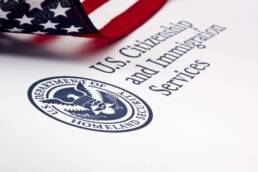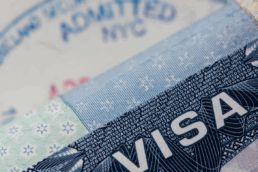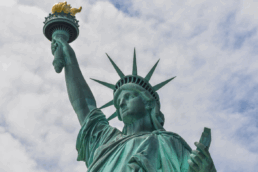U.S. Citizenship and Immigration Services (USCIS) will begin accepting H-1B petitions subject to the Fiscal Year (FY) 2019 cap on April 2, 2018. However, the agency just announced that premium processing will be suspended for all cap-subject petitions, including those seeking an exemption for individuals with a U.S. master’s degree or higher. USCIS expects the suspension to last until September 10, and this temporary suspension is expected to help reduce the overall processing time for H-1B petitions.
While the suspension is in place, any Form I-907, Request for Premium Processing Service, filed with a cap-subject H-1B petition will be denied. In addition, if a petitioner submits a single check reflecting the fees associated with Form I-907 and Form I-129, Petition for a Nonimmigrant Worker, USCIS will reject both forms. When premium processing is eventually resumed, petitioners will then be permitted to file Form I-907 for cap-subject petitions that are still pending.
Cap Gap for F-1 Students
Petitions that are timely filed on behalf of an eligible F-1 student that request a change of status to H-1B on October 1 qualify for a Cap-Gap extension. Once a timely filing has been made, the automatic Cap-Gap extension will begin and will continue until the adjudication process has been completed. If the student’s H-1B petition is selected and approved, the student’s extension of status will continue through September 30. If the student’s H-1B petition is denied, withdrawn, revoked or is not selected, the student will have the standard 60-day grace period from the date of the rejection notice or their program end date, whichever is later, to prepare for and depart the United States.
Expedite Requests
Even though premium processing has been temporarily suspended, a petitioner is still permitted to submit a request to expedite a cap-subject H-1B petition. USCIS may expedite a petition if the petitioner meets one of the following criteria:
- Severe financial loss to company or person;
- Emergency situation (e.g., the applicant is gravely ill);
- Humanitarian reasons (e.g., the outbreak of war in the beneficiary’s home country);
- Nonprofit organization whose request is in furtherance of the cultural and social interests of the United States (e.g., an organization broadcasting in regional areas to promote democratic interests);
- Department of Defense or national interest situation (the request must come from an official U.S. government entity and state that any delay will be detrimental to the government);
- USCIS error; or
- Compelling interest of USCIS.
If you are interested in filing for an H-1B visa or have questions about eligibility, please contact our office to schedule a consultation with one of our attorneys today!
Ready to have Berardi on your side?
Whether you’re a business looking to hire or a professional hoping to relocate, immigration law can be complicated. But you don’t have to do it alone. Put our experience to work for you.



